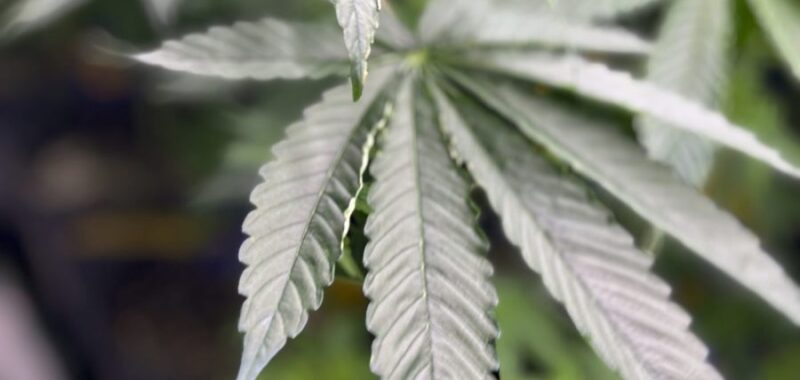
The Food and Drug Administration this week authorized a long-delayed clinical trial to test whether smoking marijuana can be used to treat post-traumatic stress disorder in veterans.
The trial, sponsored by the nonprofit Multidisciplinary Association for Psychedelic Studies (MAPS), has been blocked by the FDA since 2021. The agency had raised a variety of objections, including that allowing people to inhale high-potency cannabis was dangerous to their health.
The FDA also objected to the study’s “self-titration” dosing method, which will allow participants to smoke as much cannabis as they feel they need to relieve their symptoms up to a daily limit.
But on Wednesday, MAPS announced that the FDA will allow the trial to proceed. Importantly, they said the FDA no longer objects to either smoking or letting participants choose their preferred amount.
“After three years of negotiations with the FDA, this decision opens the door to future research into cannabis as a medical treatment, offering hope to millions,” the organization said in a statement.
FDA also will allow the trial to use a THC potency that matches commercially available cannabis in states permitting legal medical or recreational adult use.
One requirement the agency insisted on was that the study participants must have “prior experience” inhaling cannabis.
Allison Coker, director of cannabis research at MAPS, said they did not want to change the study design to fit how the FDA has historically viewed marijuana research. The trial is meant to mimic how veterans may use cannabis in their daily lives, the way it’s delivered and the amount that’s delivered.
Medical marijuana is legal in 39 states, and 24 states and D.C. have legalized recreational use. But marijuana is illegal federally, and longstanding restrictions on marijuana research presented hurdles.
Most cannabis users are smoking or vaping, Coker said, which the FDA was reluctant to allow. But smoking or vaping means the effects happen almost instantly, which is important for people who have PTSD.
Additionally, the available products in states where marijuana is legal are of a much higher potency than what the federal government has until very recently allowed to be used in studies.
Despite the growing use of cannabis among patients with PTSD, there have been limited rigorous studies on whether it works.
“People are using it for medical use. States are clearing it for medical use, but the FDA has not weighed in on it. We don’t have as many studies and data as we might want, especially we don’t have studies [reflecting] the way that people are using it in the states,” Coker said.
Coker said the approval shows the federal government is slowly coming around to recognizing the value of high-value research into the potential benefits of marijuana rather than its harms.
The changing legal landscape of marijuana prompted the Biden administration to propose rescheduling the drug as a lower risk, which could ease some of the existing restrictions. But the process is long and complex, and it’s not clear if the incoming Trump administration will continue it.
Still, the Department of Health and Human Services, in a report to Congress this summer, acknowledged longstanding federal barriers to researching marijuana and indicated that better research is needed.
The MAPS study will be funded by a $12.9 million grant from Michigan’s cannabis agency, which devotes taxes from retail marijuana sales to fund research into the drug’s health benefits.
The randomized, placebo-controlled study will enroll 320 veterans suffering from moderate to severe PTSD. Researchers will use marijuana from Canada with a high level of THC that closely matches the legal products sold domestically, Coker said.
Coker said the hope is their approval was a tipping point. The group published all their FDA correspondence online so other researchers can learn from it.
“Our goal was really to help lift up research across the field. That’s why this was so important to us to have this fight,” Coker said.

